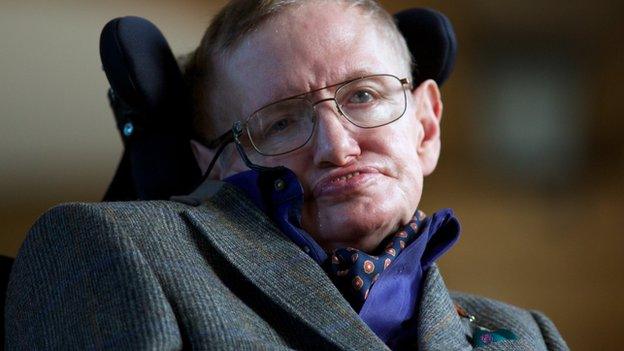Microsoft's Bill Gates insists AI is a threat
- Published
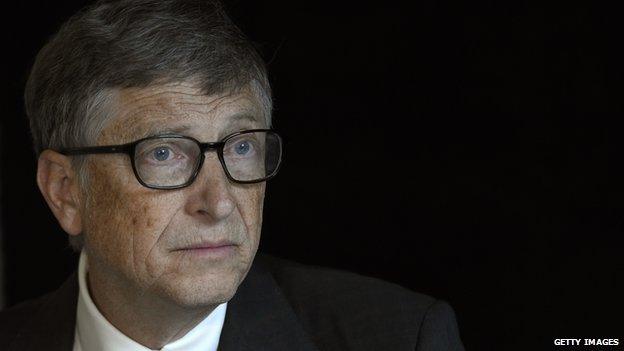
Bill Gates said he could not understand why people were not concerned by AI
Humans should be worried about the threat posed by artificial Intelligence, Bill Gates has said.
The Microsoft founder said he didn't understand people who were not troubled by the possibility that AI could grow too strong for people to control.
Mr Gates contradicted one of Microsoft Research's chiefs, Eric Horvitz, who has said he "fundamentally" did not see AI as a threat.
Mr Horvitz has said about a quarter of his team's resources are focused on AI.
During an "ask me anything" question and answer session on Reddit, Mr Gates wrote: "I am in the camp that is concerned about super intelligence. First the machines will do a lot of jobs for us and not be super intelligent. That should be positive if we manage it well.
"A few decades after that though the intelligence is strong enough to be a concern. I agree with Elon Musk and some others on this and don't understand why some people are not concerned."
Stephen Hawking has warned of the threat AI poses
His view was backed up by the likes of Mr Musk and Professor Stephen Hawking, who have both warned about the possibility that AI could evolve to the point that it was beyond human control. Prof Hawking said he felt that machines with AI could "spell the end of the human race".
Mr Horvitz has said: "There have been concerns about the long-term prospect that we lose control of certain kinds of intelligences. I fundamentally don't think that's going to happen."
He was giving an interview, external marking his acceptance of the AAAI Feigenbaum Prize for "outstanding advances" in AI research.
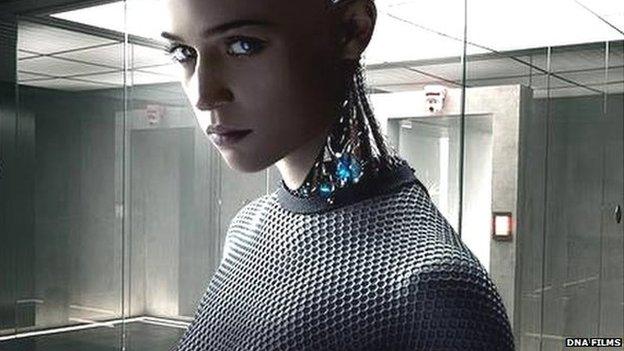
Ex Machina explores the relationship between humans and AI robots
"I think that we will be very proactive in terms of how we field AI systems, and that in the end we'll be able to get incredible benefits from machine intelligence in all realms of life, from science to education to economics to daily life."
Mr Horvitz runs Microsoft Research's lab at the parent company's Redmond headquarters. His division's work has already helped introduce Cortana, Microsoft's virtual assistant.
Despite his own reservations, Mr Gates wrote on Reddit that, had Microsoft not worked out, he would probably be a researcher on AI.
"When I started Microsoft I was worried I would miss the chance to do basic work in that field," he said.
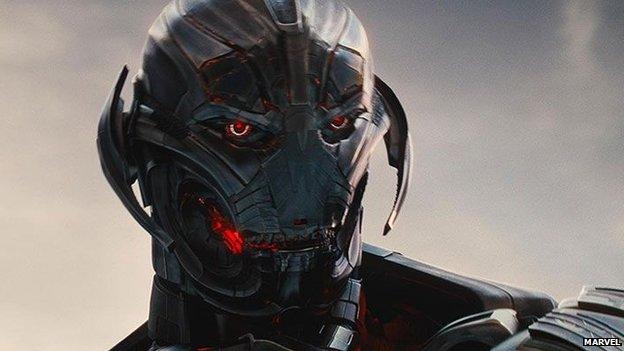
Marvel's latest Avengers film features an AI character named Ultron
He added that he believed the firm he founded would see "more progress... than ever" over the next three decades.
"Even in the next 10 [years,] problems like vision and speech understanding and translation will be very good."
He predicted that, in that time, robots would perform tasks such as picking fruit or moving hospital patients. "Once computers/robots get to a level of capability where seeing and moving is easy for them then they will be used very extensively."
He said he was working on a project with Microsoft called "Personal Agent", which he said would "remember everything and help you go back and find things and help you pick what things to pay attention to".
He wrote: "The idea that you have to find applications and pick them and they each are trying to tell you what is new is just not the efficient model - the agent will help solve this. It will work across all your devices."
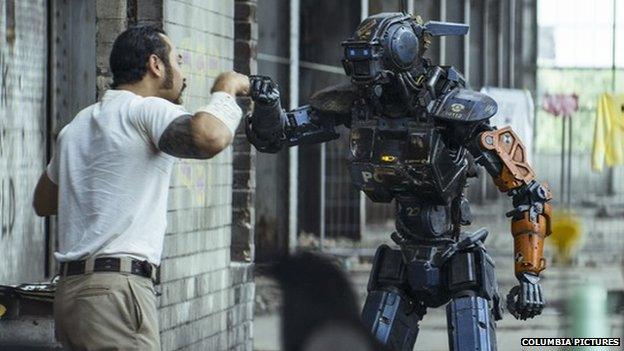
Forthcoming film CHAPPiE will feature an AI robot that needs to find its place in the world
But he admitted that he felt "pretty stupid" because he cannot speak any language other than English.
"I took Latin and Greek in High School and got As and I guess it helps my vocabulary but I wish I knew French or Arabic or Chinese.
"I keep hoping to get time to study one of these - probably French because it is the easiest... Mark Zuckerberg amazingly learned Mandarin and did a Q&A with Chinese students - incredible," he wrote.
- Published28 January 2015
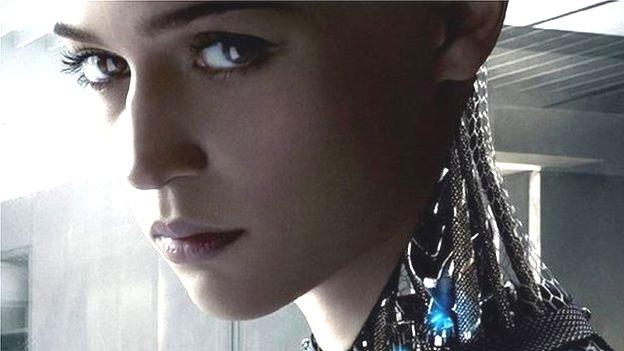
- Published5 December 2014
- Published2 December 2014
